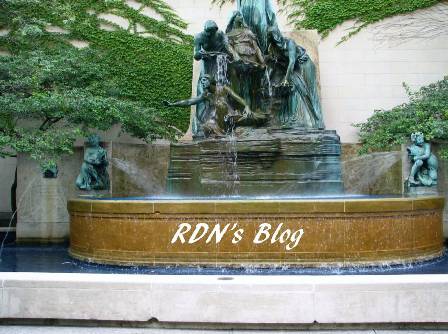A Rambling
by Author Richard Nurse
This note is for, my fans, occasional readers, and reviewers. I am a proud member of the “Boomer” Generation. When I was born, TV’s were rare, and radio plays were the rage. I graduated from High School, and have three college degrees, so I am well past the era of turning in a piece of work and having it graded more for grammar than content. I have written both fiction and poetry for most of my life, but after I had retired, I decided to cross off an item on my “Bucket List,” to have a work published.
I qualified to actually cross it off my list before I retired, as I wrote an article titled “Addicted to Glass” that was used as a feature article in what then was Collector’s Magazine. However, I never drew the line, because I wanted to have a book published. I have been witness to a life full of amazing changes, and one that I enjoy the most is the personal computer, and of course the World Wide Web. While it has had a very major, and sometimes catastrophic impact on the world of publishing, it has at the same time opened the door of opportunity to many authors who either never got a work accepted, or never even bothered to submit a manuscript that they had written.
I opted for the Indie Author/Publisher route a few years back and have enjoyed moderate success to date. For years I wrote for the fun of creating a story or poem, and to tell the truth, I still do today. When I write a story and publish it, it is done for the sole purpose of providing entertainment to my readers. I do not follow anybody’s ordained format or formula when I write a story. My stories tend to write themselves, as I am able to let them take over and use me as a medium to get the story told. The only constant in my writing is that normally has a happy ending, and character’s who actually get along. I have done my best to avoid tension and strife in my personal life, and it has carried over into my writing.
The wonderful thing about writing fiction, and creative writing, is that often comes completely from the author’s imagination. Unless, an author is writing a work of Historical Fiction, Educational Fiction, or Spiritual/Inspirational Fiction, then I consider it to Fiction for Entertainment. My philosophy with regards to Entertainment Fiction is that if the author can imagine it and put it into words, that the reader can understand, then it is possible. Relationships can be stress-free, and be continually loving and caring. Characters can perform feats never thought possible, or machines can come to life; that exist only in the author’s mind. In real life, we haven’t come close to anything that Gene Roddenberry brought to life in Star Trek, or Steven Spielberg has and is once again creating with Star Wars. However, just last week, they landed a rocket vertically on a ship at sea, something Buck Roger’s did on a regular basis when I was a child.
I write; for the purpose of providing entertainment for both my readers and myself. I have an editor and two different proofing programs that I now use to make my stories as error free both grammatically and spelling wise as possible. One thing that I have learned, or actually relearned, is that there are so many exceptions to the rules in the English language, that the programs will fight each other. I have sat and watched a program go back and forth between two words for its recommendation, or delete a comma, and then suggest that you add it back in. I do my best, but if there is an error occasionally, so be it, I find them in most books that I read, and simply read right through it, an ability that the human mind excels at.
About my writing style, and how my stories flow, I make no apologies, for they are mine. I actually refrain from reading stories in the genre’s that I am writing in, as I do not want to try to copy or emulate another author's work. I am proud of my stories and equally proud to know that they are MY Stories, created from within my own highly imaginative mind.
Richard Nurse
©April 27, 2016
